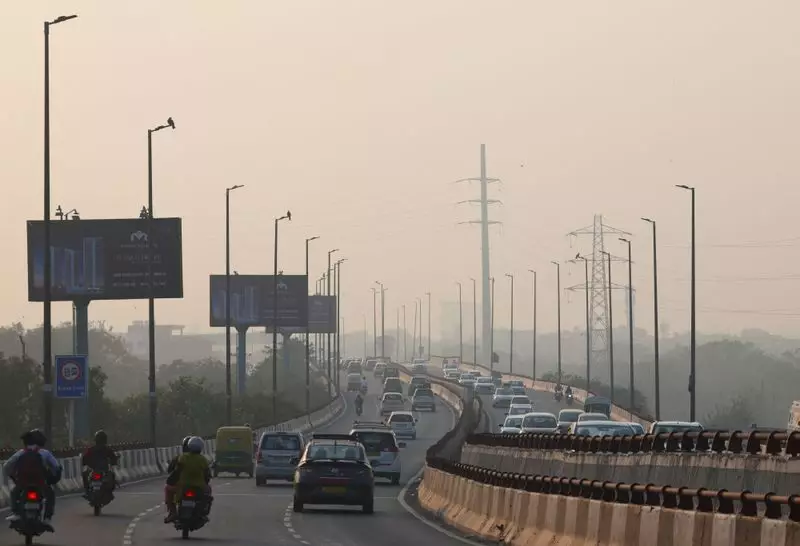
Just days before the festive lights of Diwali are set to illuminate the capital, Delhi finds itself shrouded in a concerning haze as air quality continues its downward spiral. For the fifth consecutive day, the Air Quality Index (AQI) has remained firmly in the 'Poor' category, signaling a worrying start to the winter pollution season.
The Alarming Numbers
Recent monitoring data reveals a disturbing trend across the National Capital Region. The overall AQI reading settled at 256 on Wednesday, firmly placing it in the 'Poor' zone according to established air quality standards. This persistent pollution pattern has environmental experts and health professionals deeply concerned.
Regional Hotspots Emerge
The pollution crisis isn't uniform across the city, with several areas experiencing even more severe conditions. Monitoring stations at Anand Vihar recorded particularly troubling readings of 306 (Very Poor), while Bawana and Wazirpur followed closely with AQI levels of 305 and 303 respectively. These figures paint a grim picture of the atmospheric conditions Delhi residents are breathing.
Weather Patterns Worsen Situation
Meteorological conditions have played a significant role in the deteriorating air quality. The India Meteorological Department has reported calm wind conditions and low ventilation indices, creating what experts call a 'perfect storm' for pollution accumulation. With winds barely reaching 8-10 kmph, the pollutants have virtually nowhere to go, settling over the city like an invisible blanket.
Diwali Concerns Amplify
The timing of this pollution spike couldn't be more concerning, occurring just before Diwali when fireworks traditionally contribute significantly to air pollution. Health authorities are urging residents to exercise caution, particularly those with respiratory conditions, children, and the elderly who are most vulnerable to poor air quality effects.
As Delhi braces for the festival season, the persistent 'Poor' air quality serves as a stark reminder of the environmental challenges facing India's capital city. With meteorological conditions unlikely to improve immediately, the situation demands urgent attention from both authorities and citizens alike.





